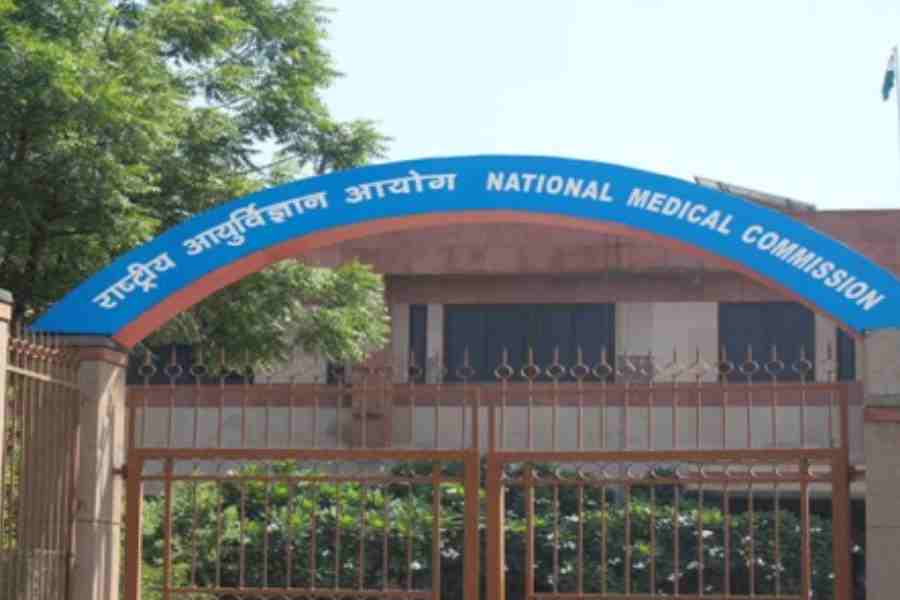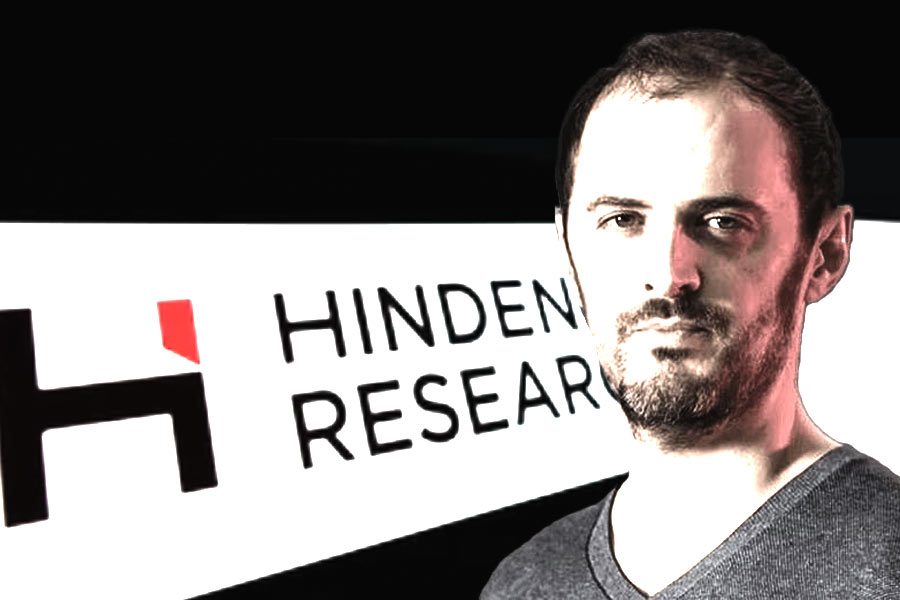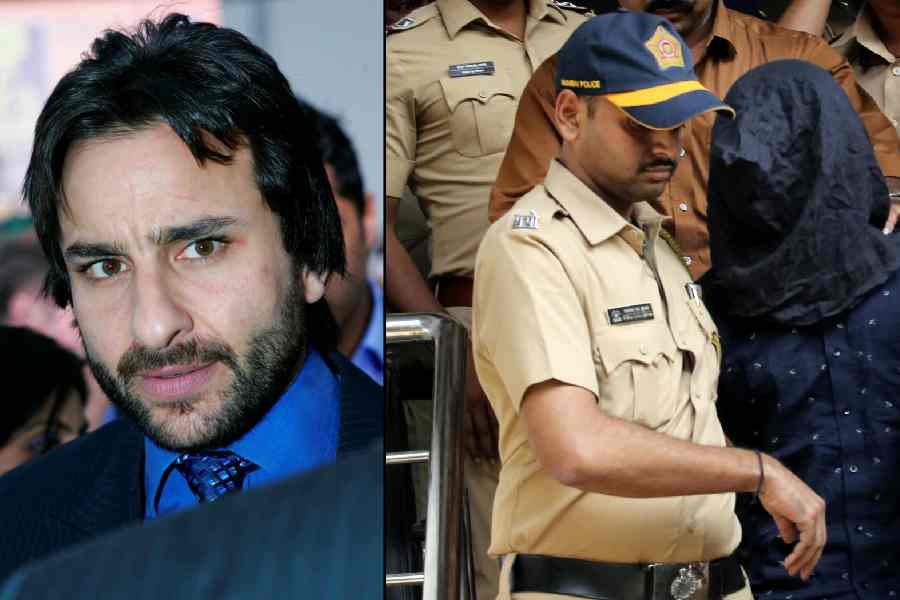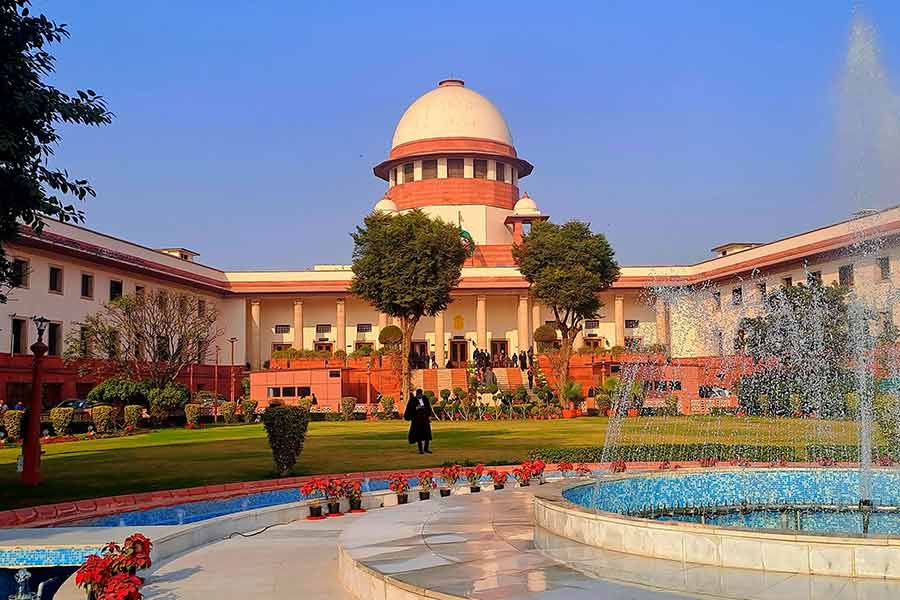India's apex medical regulator has proposed easing rules for appointing non-teaching consultant doctors and diploma holders as medical college faculty, drawing criticism from doctors concerned about the falling quality of medical education.
The National Medical Commission (NMC) has relaxed norms to make non-teaching consultants and specialists working for at least four years, and diploma holders working as medical officers for six years in government medical colleges, eligible for posts of assistant professors.
The NMC, in a draft notification proposing the revised “Teachers Eligibility Qualifications” released on Friday, has also lowered the minimum count of research papers required for the promotion of assistant professors and associate professors to two from four.
The notification comes against the backdrop of a sharp rise in the number of medical colleges and seats across the country since 2014 and concerns that many new colleges lack adequate faculty.
India had over 730 medical colleges in July 2024 compared with 387 in 2014. The number of MBBS seats has increased from around 51,000 to over 1,12,000 and the number of postgraduate seats has increased from 31,000 to over 72,000 over the past decade.
Doctors concerned about this doubling of medical seats without a commensurate rise in appropriately qualified faculty believe the NMC’s new proposals will accelerate what some have described as a steady decline in the quality of medical education.
“The notification proposes dilutions in eligibility standards that are likely to adversely impact the quality of education medical students receive,” Kabir Sardana, professor of dermatology at the Atal Bihari Vajpayee Institute of Medical Sciences and Ram Manohar Lohia Hospital, New Delhi, told The Telegraph.
The current eligibility rules, recognising the faculty shortages amid the growth in medical seats, allow non-teaching consultants, specialists, and medical officers with four years' experience to be eligible for posts of assistant professors only in new medical colleges.
The NMC’s new notification does not distinguish between new and old colleges. “This change appears intended to simply allow all non-teaching consultants to become eligible for teaching,” Sardana said.
A query sent by this newspaper to the NMC secretary on Sunday seeking the regulator's perspective on the concerns relating to the NMC's proposed teachers' eligibility changes has not evoked a response.
Sardana and others are also concerned about the proposal to allow diploma holders with six years' experience to become assistant professors. They say, unlike medical postgraduates who have either MD or MS degrees or a DNB (Diplomate of the National Board of Examinations), medical diploma holders lack the required skill or experience to teach.
The postgraduate MD, MS or DNB is a three-year programme with both coursework and research, including a thesis. The postgraduate diploma is a two-year programme without research or a thesis.
“The new proposals will allow diploma holders who have never done a thesis to be a faculty member and guide students on their theses,” Sardana said. “It would be like allowing a junior engineer to become a faculty member at an IIT only because the engineer is posted there."
Another faculty member in a central government medical college and hospital said the dilution in the eligibility standards appeared designed to help private medical colleges struggling with faculty shortages.










